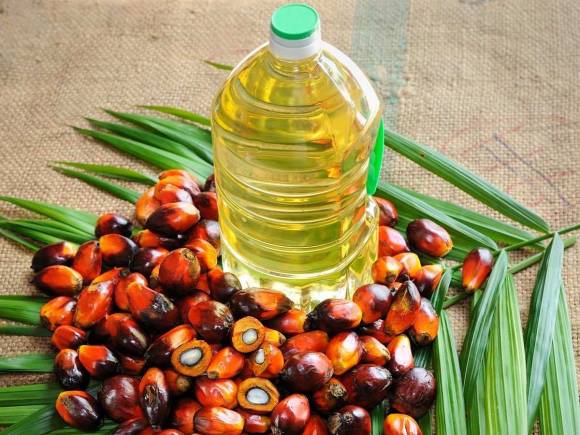
Indonesia – Indonesia’s bioenergy production is still relatively low despite the country’s reputation as the largest producer of palm oil in the world. A recent study found that the sector faced a range of policy and technical obstacles preventing its growth.
The Center for International Forestry Research (CIFOR) and the Bogor Agricultural University (IPB) recently released a working paper on the opportunities and challenges presented by policies relating to the development of palm oil–based biodiesel.
During the research, the team interviewed key informants from central and regional Indonesian governments and the business sector. “We found a number of policies and technical challenges that still hinder the development of biodiesel production in Indonesia,” says CIFOR Scientist Ahmad Dermawan.
Among the constraints identified in the study is the fact that biodiesel production cannot grow consistently due to policies that do not support one another.
“Existing policy frameworks give a mandate to biodiesel blending targets. However, in practice, this has not been optimal because, first, they are still focused on the transport sector, and second, they still emphasize public service obligations (PSOs),” says Dermawan.
He also said that within the country’s new and renewable energy development sector, there is a belief that biodiesel development still lies with the central government, causing a lack of understanding about the role of subnational government. Though small, the role that regional governments play in developing policies supporting biodiesel use in the region is rarely in focus.
“In the National Energy Policy, the central government is required to put together a National Energy Plan (Rencana Umum Energi Nasional, or RUEN), and the provincial government is required to have a Regional Energy Plan (Rencana Umum Energi Daerah, or RUED). Currently, many provinces have yet to develop their RUED.”